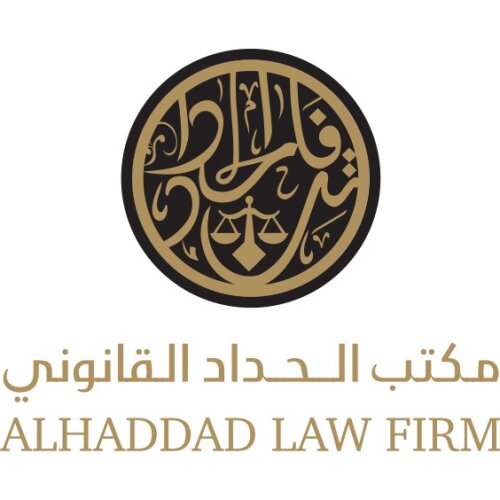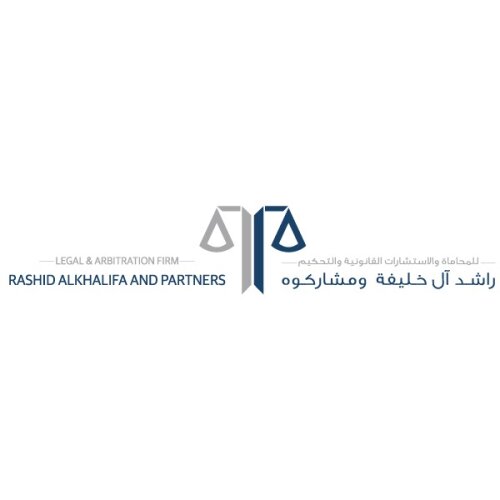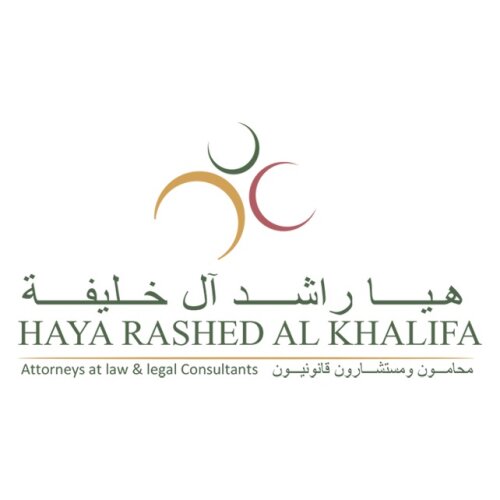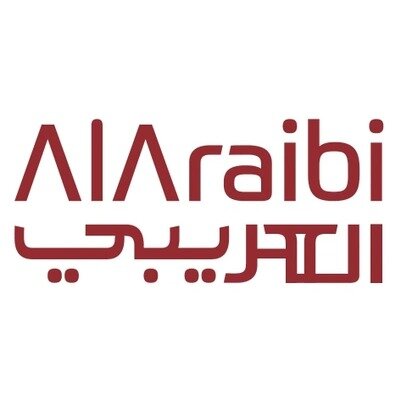Best Project Finance Lawyers in Bahrain
Share your needs with us, get contacted by law firms.
Free. Takes 2 min.
Or refine your search by selecting a city:
List of the best lawyers in Bahrain
About Project Finance Law in Bahrain
Project finance is a specialized area of finance used to fund large, capital-intensive projects, such as infrastructure developments, energy plants, and industrial facilities. In Bahrain, project finance involves structuring long-term funding based on the projected cash flows of the project rather than the balance sheets of project sponsors. This method of financing typically relies on complex contractual arrangements and often involves multiple stakeholders, including banks, investors, government entities, and contractors.
Over the past decade, Bahrain has become an attractive hub for project finance, particularly in sectors like oil and gas, utilities, infrastructure, real estate, and renewable energy. Bahrain’s legal system offers a supportive environment for project development and attracts both local and foreign investors looking to participate in major projects throughout the Kingdom.
Why You May Need a Lawyer
Engaging in project finance transactions in Bahrain can be complex, involving many legal and regulatory considerations. It is important to consult with a qualified lawyer in situations such as:
- Drafting and negotiating finance agreements, joint venture contracts, and security documentation
- Navigating regulatory approvals and meeting all licensing requirements
- Conducting legal due diligence for the project and identifying potential legal risks
- Resolving disputes among stakeholders during the life of the project
- Understanding local content requirements and labor regulations
- Dealing with local laws regarding taxation, land acquisition, and environmental compliance
- Structuring financing to optimize risk allocation and asset protection
A lawyer can help ensure your project finance arrangement is compliant, robust, and designed to minimize legal and financial risk.
Local Laws Overview
Several local laws impact project finance in Bahrain:
- Companies Law: Governs the incorporation and management of project companies, which are often special purpose vehicles created for each project.
- Commercial Companies Law: Details regulations related to partnership and joint venture agreements.
- Central Bank of Bahrain (CBB) Regulations: Regulate lending, financing, and foreign exchange operations relevant to project finance activities.
- Secured Transactions Law: Allows for various forms of collateral, including movable and immovable assets, and dictates procedures for perfection and enforcement of security interests.
- Environmental Regulations: All large-scale projects require compliance with environmental impact assessment laws imposed by the Supreme Council for Environment.
- Public-Private Partnership (PPP) Law: Introduces the framework for collaboration between the government and private sector on key projects, especially in infrastructure.
- Foreign Investment Laws: Set out rules for foreign ownership, profit repatriation, and sector-specific investment requirements.
- Taxation Law: Although Bahrain does not levy corporate income tax on most businesses, there are other levies, such as VAT, which may apply.
- Dispute Resolution: Contract parties can choose litigation in Bahraini courts or opt for arbitration, often under the Bahrain Chamber for Dispute Resolution (BCDR).
Frequently Asked Questions
What is project finance and how does it work in Bahrain?
Project finance in Bahrain involves securing funding for large projects where repayment is primarily from the project's cash flow, not from the sponsors' general assets. It typically uses a special project company as the borrower, with financing structured through a mix of equity and debt.
Do foreign investors face restrictions in Bahrain's project finance sector?
Bahrain allows substantial foreign investment and 100 percent foreign ownership in many sectors. Some industries have restrictions, so legal advice is essential to navigate sector-specific rules and ensure compliance.
Which government bodies regulate project finance activities in Bahrain?
The main regulatory authorities are the Central Bank of Bahrain (CBB), Ministry of Industry and Commerce, Supreme Council for Environment, and sector-specific agencies depending on the nature of the project.
What are common forms of security for lenders in Bahrain?
Lenders often require mortgages on real estate, pledges of shares, assignments of project receivables, and security interests over bank accounts and movable property. Proper registration is essential for enforceability.
Is it necessary to form a special purpose vehicle (SPV) for project finance?
While not strictly required, most project finance transactions in Bahrain use an SPV to insulate the project’s assets and liabilities from sponsors' other businesses. This structure enhances risk allocation and lender confidence.
How are disputes resolved in project finance deals?
Disputes can be settled in Bahraini courts or through arbitration. Bahrain has modern arbitration laws and institutions, which often provide quicker and more confidential dispute resolution.
Do project finance transactions in Bahrain need government approvals?
Many projects, especially in infrastructure, utilities, or involving public land, require various government permits or consents. A lawyer can advise on the specific approvals your project will need.
Are there tax incentives for project finance in Bahrain?
Bahrain offers an attractive fiscal regime, including no corporate income tax for most sectors and incentives for strategic projects. However, VAT and other sector-based levies may apply, depending on the project's nature and scale.
What kinds of due diligence are needed before financing a project in Bahrain?
Lenders and sponsors routinely conduct legal, financial, technical, and environmental due diligence to identify material risks, verify titles, assess contract validity, ensure permits are obtained, and confirm regulatory compliance.
Does Bahrain support public-private partnerships (PPPs)?
Yes, Bahrain actively promotes PPPs, especially for infrastructure and public service projects. The government has created a clear framework for PPP projects to support private sector involvement.
Additional Resources
If you are seeking further information regarding project finance in Bahrain, consider contacting these local resources:
- Central Bank of Bahrain (CBB)
- Ministry of Industry and Commerce
- Economic Development Board of Bahrain (EDB)
- Supreme Council for Environment
- Bahrain Chamber for Dispute Resolution (BCDR)
- Bahrain Investors Center
- Bahrain Business Laws portal
- Local and international law firms with project finance expertise
Next Steps
If you are considering a project finance transaction in Bahrain, these steps can help you move forward:
- Define the scope and sector of your proposed project
- Identify all potential sponsors, lenders, and stakeholders
- Consult with a lawyer who specializes in project finance in Bahrain to assess regulatory requirements and risks
- Prepare documentation and undertake due diligence with professional guidance
- Engage with local authorities and regulatory bodies early in the process
- Negotiate and finalize financial, commercial, and legal documents
- Ensure ongoing compliance with Bahraini laws and regulations during the operation of your project
A qualified legal adviser can make the difference between a smooth project financing experience and costly legal complications. Contacting an experienced lawyer early on will help you safeguard your interests and contribute to the success of your project in Bahrain.
Lawzana helps you find the best lawyers and law firms in Bahrain through a curated and pre-screened list of qualified legal professionals. Our platform offers rankings and detailed profiles of attorneys and law firms, allowing you to compare based on practice areas, including Project Finance, experience, and client feedback.
Each profile includes a description of the firm's areas of practice, client reviews, team members and partners, year of establishment, spoken languages, office locations, contact information, social media presence, and any published articles or resources. Most firms on our platform speak English and are experienced in both local and international legal matters.
Get a quote from top-rated law firms in Bahrain — quickly, securely, and without unnecessary hassle.
Disclaimer:
The information provided on this page is for general informational purposes only and does not constitute legal advice. While we strive to ensure the accuracy and relevance of the content, legal information may change over time, and interpretations of the law can vary. You should always consult with a qualified legal professional for advice specific to your situation.
We disclaim all liability for actions taken or not taken based on the content of this page. If you believe any information is incorrect or outdated, please contact us, and we will review and update it where appropriate.
Browse project finance law firms by city in Bahrain
Refine your search by selecting a city.

















